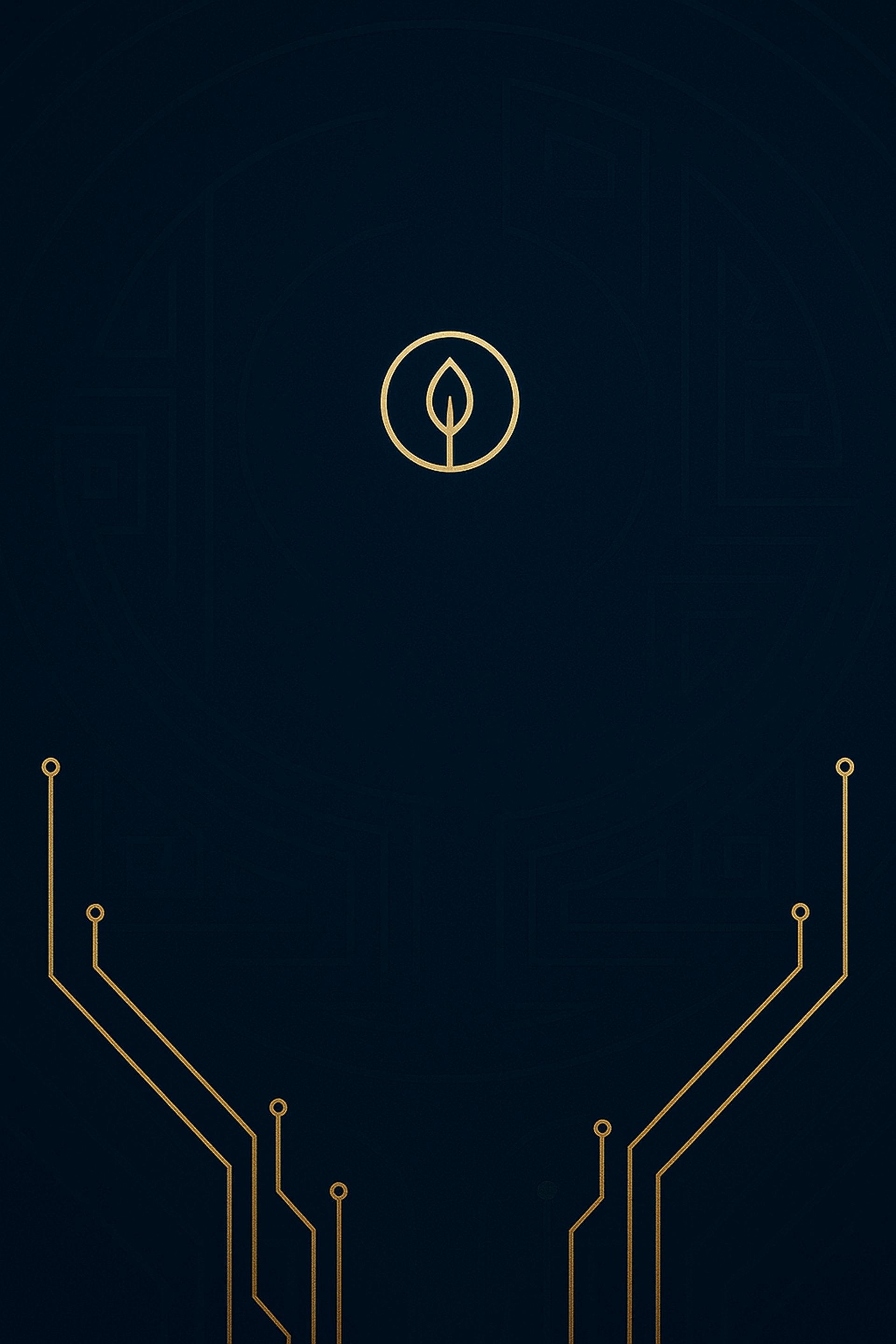America's Dark


Wendingo Encounter
By: HollyPen | 19/02/2025
The Wendigo – A Haunting Spirit of North American Folklore
Among the rich and varied legends of Indigenous peoples in North America, the Wendigo stands as one of the most terrifying and enduring spirits. Known as a malevolent, cannibalistic creature, the Wendigo symbolizes insatiable greed, hunger, and the dangers of isolation in the harsh wilderness. Its stories warn of the consequences of losing one’s humanity and succumbing to darker impulses.
The Legend of the Wendigo
Originating from the Algonquian-speaking tribes, the Wendigo is often described as a gaunt, emaciated giant with glowing eyes, sharp claws, and a foul, decaying smell. It is said to possess humans, turning them into cannibals driven by an unending hunger that can never be satisfied. The Wendigo embodies winter’s cruelty and the spiritual dangers of isolation and desperation.
Traditionally, the Wendigo legend served as a moral lesson to discourage selfishness and cannibalism, especially during times of famine. The spirit is not just a monster but a symbol of the destructive force of greed and loss of self-control.
In the bitter cold of a northern Ontario winter, Daniel, a seasoned woodsman and trapper, lived alone in a remote logging camp surrounded by dense forests and frozen lakes. The winter had been particularly harsh, and the nights were long, filled with the eerie stillness that only untouched wilderness can bring.
One night, after a long day checking his traps, Daniel set out on foot to return to camp. The moon was hidden behind heavy clouds, and the snow muffled his footsteps. As he made his way along the narrow forest path, he noticed something was different—the usual sounds of the forest, the rustle of animals or the whisper of wind through the trees, were strangely absent. An unnatural silence pressed in around him.
Suddenly, a faint glow caught his eye between the skeletal trunks of the trees. At first, Daniel thought it was the reflection of his lantern on the ice, but the glow moved—slowly, deliberately—coming closer. His heart pounded as a towering figure stepped into the pale moonlight breaking through the clouds.
The creature was gaunt beyond belief, with skin stretched tight over its bones. Its eyes burned amber like dying embers, and its breath came out in ragged, frosty clouds. The stench of decay and cold death filled the air. Daniel’s blood ran cold—he knew immediately that this was no ordinary animal. It was the Wendigo.
Frozen with fear, Daniel remembered the stories his grandfather had told him—tales of this spirit that could consume your soul and turn you into a monster like itself. But there was no time to hesitate. Daniel slowly reached into his pocket and pulled out a small bundle of sage and sweetgrass, items blessed by the elders and said to ward off evil.
Chanting a prayer under his breath, he threw the herbs toward the creature. The Wendigo snarled—a terrifying, guttural sound that echoed through the trees—and lunged at him with unnatural speed. Daniel dodged, running as fast as his legs could carry him through the thick snow and tangled underbrush.
The creature followed, its heavy footsteps pounding the ground behind him, but Daniel’s knowledge of the forest gave him an edge. He ducked behind trees, crossed frozen streams, and used every ounce of his strength and cunning to evade the relentless spirit.
Finally, exhausted and nearly frozen, Daniel reached the safety of his cabin. He slammed the door shut, bolted it, and placed protective charms around the windows and doors, whispering prayers taught to him by his ancestors. Outside, the Wendigo howled in frustration, a sound that seemed to pierce the very soul of the forest, before retreating into the darkness.
Daniel’s encounter with the Wendigo became a cautionary tale shared among his community, reinforcing the importance of respect for the wilderness and the spiritual world. It also served as a reminder that the Wendigo legend was not merely a myth but a warning—a symbol of the dangers of isolation, greed, and losing oneself to darker impulses in the unforgiving wilderness.
The Wendigo remains one of the most haunting spirits in North American folklore, embodying the fears of isolation, hunger, and moral decay. Daniel’s experience reveals the lasting power of these stories and their role in cultural identity and spiritual belief. Whether seen as a literal monster or a metaphor for human frailty, the Wendigo continues to haunt the forests and the collective imagination.
Coming Soon
We're on a mission .........................

Discover our full library of The Theos e-magazines and articles — all completely free to read.
We are a crowdfunded publication, dedicated to sharing knowledge, reflection, and theology with readers around the world.
Your support and donations help us continue offering open, accessible content for everyone, everywhere.
Join us in keeping wisdom free.
@ the theos since 2023 © 2023. All rights reserved.